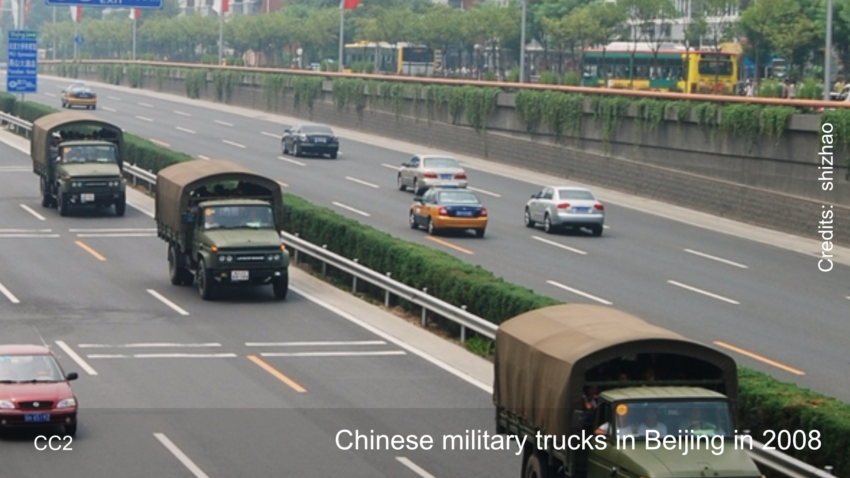The United States presidential election race between Vice President Kamala Harris and former President Donald Trump is neck and neck. This tight race sends a significant message to China about America’s internal divisions. The election highlights how demographically, culturally, and politically split the United States is, which could impact its geostrategic decisions, especially regarding Taiwan.
- U.S. Divisions and Global Impact: The close presidential race between Kamala Harris and Donald Trump reflects deep U.S. divides, signaling potential weaknesses to China, particularly regarding unity over Taiwan.
- Strategic Timing for China: Beijing may see U.S. political divisions as advantageous, believing a fractured America might hesitate in its defense commitments, especially in Asia.
- Potential for Military Escalation: With both Harris and Trump likely adopting hawkish stances on Taiwan, any military conflict with China could result in economic disruptions and even the reintroduction of the draft.
- China’s Long-Term Strategy: As the U.S. faces internal discord, China is emboldened in its approach toward Taiwan, hoping that a divided America might struggle to counter its regional ambitions effectively.
As the US grapples with racial and political divides, Beijing might perceive these divisions as opportunities. If China attempts to assert its claim over Taiwan, the US response will depend on its president and military advisors. The historical context, like the Vietnam War, shows that national unity is crucial for successful military engagements. Sources such as The Guardian and BBC have discussed the potential for increased military tensions with China.
Any conflict with China would have sweeping consequences, including economic impacts and possibly reintroducing the draft. Both Harris and Trump would likely adopt hawkish stances based on the same intelligence briefings. These briefings would warn that losing Taiwan could push the US out of Asia, affecting defense and economic stability. Polls indicate Republicans tend to be more hawkish, but given the political climate, support for military action could be divided along party lines.
The divisive nature of American politics gives Beijing hope. China sees the US as an enemy divided, much like Russia views Ukraine. China’s ambition to control Taiwan aligns with its geopolitical goals, with a closing window of opportunity before US and allied weapons stockpiles strengthen post-Ukraine conflict. Xi Jinping, China’s leader, faces pressure to act due to economic challenges and the potential loss of prestige if Taiwan remains independent.
The current US election could exacerbate existing divisions regardless of the winner. China views these internal conflicts as a strategic advantage. The more divided the US is post-election, the more confident China becomes in its long-term strategy. For China, the US’s internal strife represents a major victory before any military confrontation occurs.

